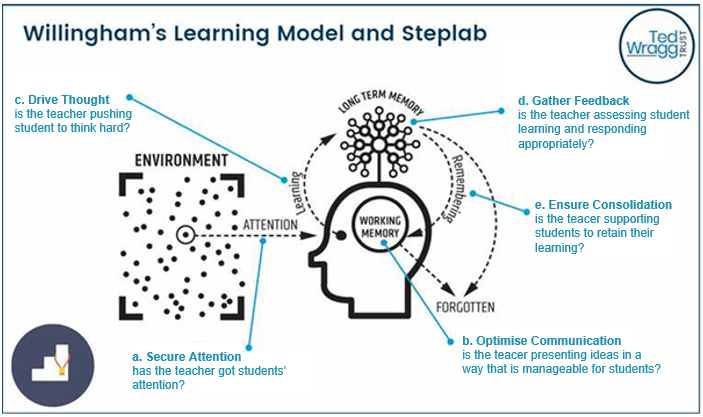Curriculum
We believe that a successful preparation for future life involves the development of a broad range of academic and wider knowledge, skills and competencies through a ‘holistic’ curriculum including high quality learning and experiences both in and out of the classroom. As part of our New College vision, we are developing an entitlement for all students to experience:
- an ambitious and engaging taught curriculum delivered through lessons by specialist subject teams.
- a broad and exciting wider curriculum delivered beyond taught lessons, including enrichment, ‘co-curricular’ experiences and other opportunities (e.g. student leadership).
We believe that:
…thought depends on knowledge – the more we know, the more we can learn. Powerful knowledge enables us to make predictions, generalisations and give explanations. (David Didau)
Each subject draws on the best that’s been thought, said and done (cultural capital) to equip students with the knowledge and awareness needed to take responsibility for their futures and contribute positively to their families, workplaces and the global community. Our curriculum is built on ambition, responsibility and a strong sense of belonging. We ensure that every student feels valued as part of our learning community, where they are supported to achieve their full potential by securing the foundational concepts and knowledge necessary to succeed. The curriculum provides opportunities to apply learning in meaningful ways, fostering confidence, resilience, and a commitment to lifelong learning.
We uphold the following principles:
- Entitlement – Every child has the right to access the full Exmouth Community College Curriculum. We ensure clear progression and sequencing in every subject so that all students receive a high-quality education.
- Mastery – We are ambitious for all students to develop a deep understanding of core knowledge. Teaching will not move forward until students have achieved an appropriate level of mastery, supporting success for learners of all abilities.
- Consistency – We maintain a consistent curriculum approach, allowing teachers to develop expertise in their own pedagogical content knowledge. We will make occasional adjustments following curriculum review, feedback and experience to enhance depth and effectiveness.
Our curriculum reflects our unique coastal context, embracing the opportunities it provides while encouraging students to develop broad horizons, a strong understanding of the wider world, and a deep sense of belonging within their community.
The Exmouth Community College Academic Curriculum is delivered through our Powerful Learning at ECC strategy.

- Positive classroom climates and relationships: a structured and safe classroom environment where relationships are valued and built on mutual respect.
- Planning for challenge: teachers plan for challenge, adapt lessons for their classes and have high expectations of what can be achieved.
- Explanation: students acquire new knowledge through effective teacher explanation and instruction.
- Modelling: teachers demonstrate how to apply knowledge in new contexts.
- Deliberate practice: clearly planned opportunities for students to practise and become experts.
- Questioning: teachers ask questions to both challenge students to think hard and to check their understanding.
- Assessment and feedback: teachers help students to address gaps in their knowledge and correct misconceptions.
- Developing long-term memory: explicit planning and teaching helps students to store and retrieve knowledge over time.
All lessons start with a retrieval DIN (Do it now) where pupils are quizzed on prior knowledge to embed this knowledge in their long-term memory. This frees up their working memory to attend to current learning.
We place particular emphasis on the role that literacy and vocabulary play in unlocking the whole curriculum. Our teachers explicitly teach the meaning of subject-specific language, and we expect lessons to contain challenging reading and writing.

